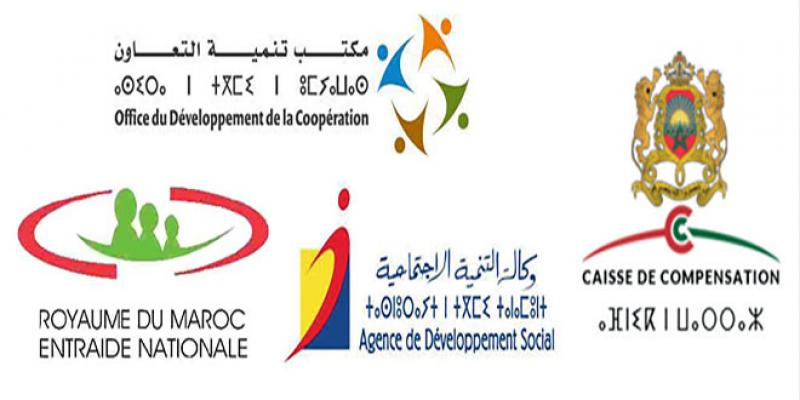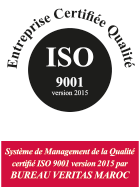Is he a pedagogue or a demagogue? During his speech at the RNI (National Rally of Independents) summer university on Saturday, September 10 in the city of Agadir, Mustapha Baïtas, in his capacity as a member of the party’s Political Bureau and government spokesman, made a point of explaining the official position of the Executive in relation to the option of reopening the Samir refinery in the city of Mohammedia.

“Theoretically and logically, we would say yes to the restarting of the Samir” , said Baïtas straight away before an audience of the youth section of the RNI party, in the presence of Mohamed Boussaïd, former minister and iconic figure of the party’s Political Bureau. However, according to Mustapha Baïtas, there are a number of parameters and technical elements that the public opinion must take into account so that there is no misunderstanding or confusion.
“ The Samir oil refinery is not the only solution to the problem of rising fuel prices...” , said Baïtas, adding that “It is not the only solution but part of the solution”. The Government spokesperson also specified implicitly that the refinery could certainly solve a certain number of problems, in particular storage and refining, but it does not provide solutions to all the problems, because Morocco is not an oil producing country. Even more, according to Baïtas, there is the liability related to the Samir refinery. “The company’s debt amounts to 40 billion MAD... who today can make the decision to erase such a large debt of 40 billion MAD?” asked the government spokesman skeptically. Furthermore, the Samir reactivation scenario presupposes making major investments in the maintenance of the facilities, the upgrading of equipment, and the modernization of the production tool which is today in a state of advanced degradation. The amount of these investments is estimated at some 12 billion MAD. Added to this is the clearance of the situation with suppliers, insurance companies, and creditors.
It should be recalled that the Moroccan Government is not the only creditor of Samir. The company is indebted to several Moroccan banks (BCP, Crédit du Maroc, Attijari, BMCE, and others). There are also international banks, notably the Islamic Development Bank and BNP Paribas, which claim unpaid debts. According to another source, it should not be forgotten that the Samir case is subject to judicial investigation both in Morocco and internationally. (Saudi billionaire) Mohammed al-Amoudi, in his capacity as boss of Corral Holding and owner of Samir, filed a lawsuit against the Moroccan Government. He also filed a complaint with the International Center for the Settlement of Investment Disputes (ICSID, which is a body reporting to the World Bank). El Amoudi is claiming 14 billion MAD (from the Moroccan Government) in compensation for damage suffered. The arbitration procedure was initiated in 2018. The same businessman, who is a dual national (Swedish and Saudi), accuses the Moroccan state of having “orchestrated everything to push the refinery to bankruptcy in order to be able to nationalize it”. As a result, for considerations of international image and in order to attract investors, it would not be in Morocco’s interest to contemplate the scenario of the nationalization of the company whatever the stakes, including that of energy sovereignty, says an expert.
Amin RBOUB


























